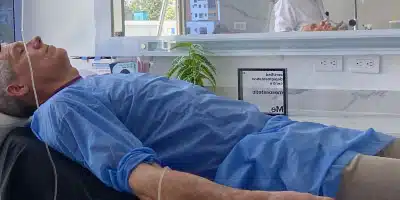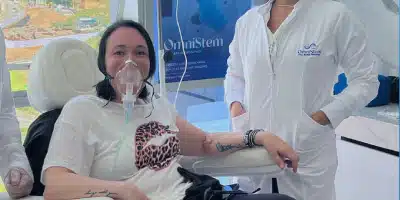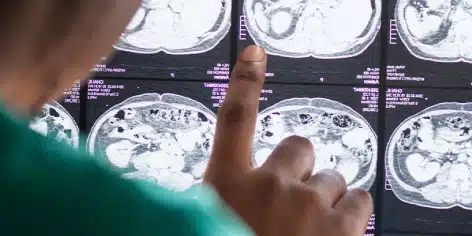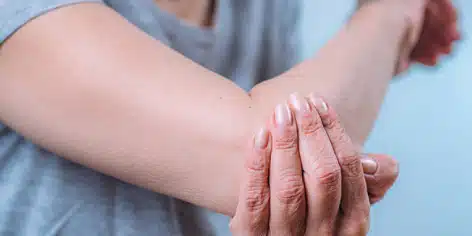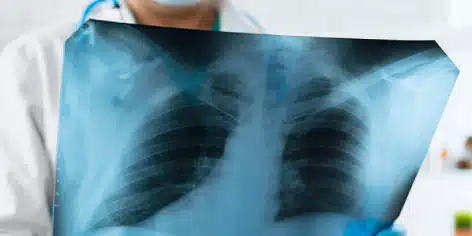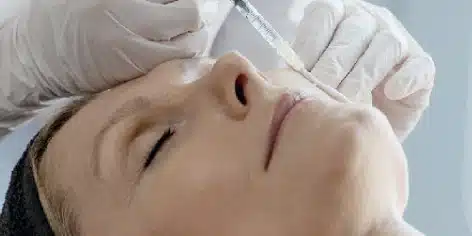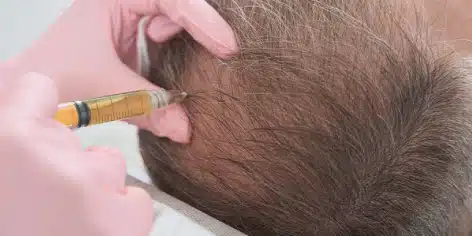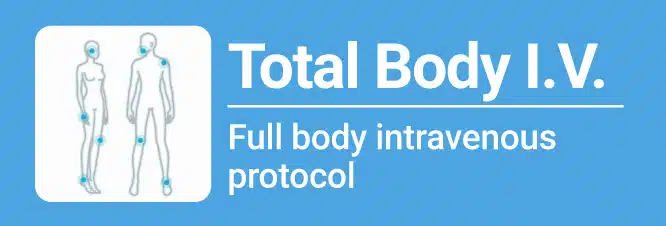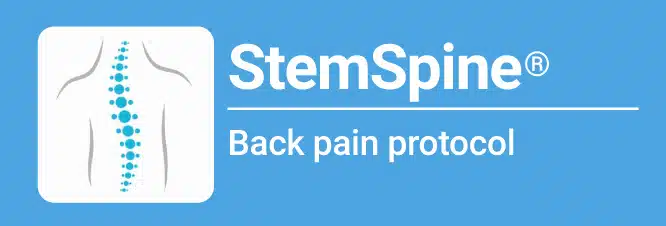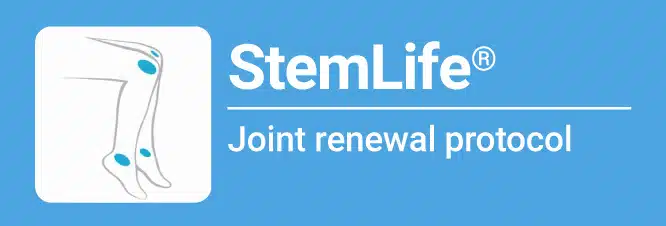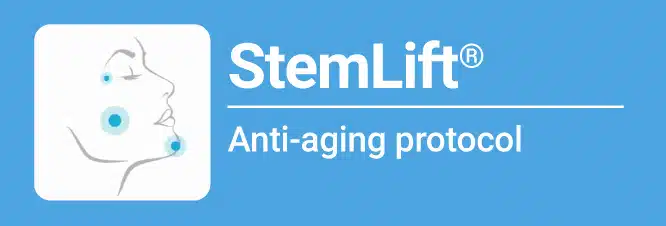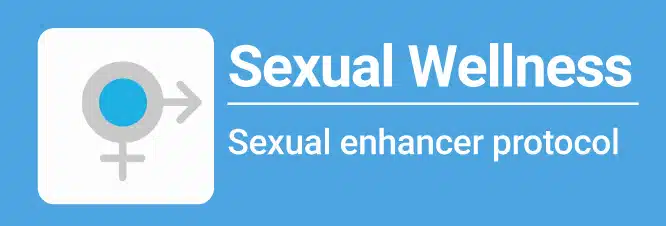- RESOURCE CENTER
Scientific Resources on Stem Cell Therapies
Explore Our Regenerative Medicine library
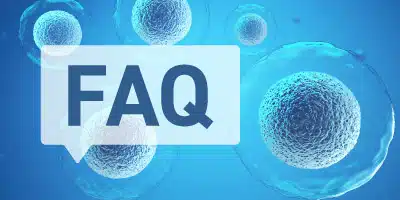
F.A.Q.
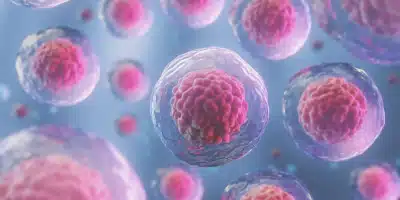
What Are Stem Cells?
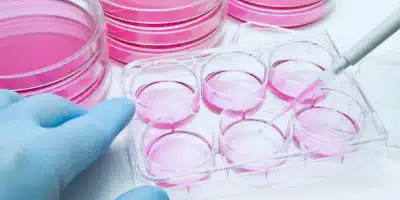
Types of Stem Cells
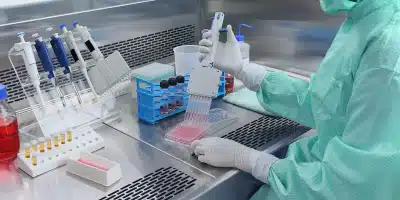
Source of Our Stem Cells
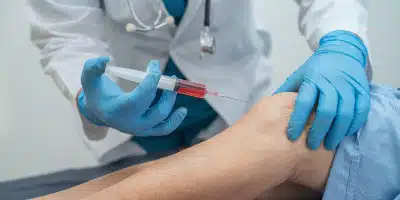
Conditions Treated
Third-Party Publications
Is This Treatment Available in the U.S.?
Patient Testimonials
- CONDITIONS
Conditions treated with Regenerative Medicine
Regenerative medicine plays a critical role in modulating inflammation and immune responses, offering therapeutic potential for a variety of health conditions.
- PROTOCOLS
Our Signature Protocols
Tailored stem cell therapies, meticulously designed to target specific conditions.
- WELLNESS RETREATS
- TESTIMONIALS
- ABOUT
Two epilepsy patients’ seizures greatly reduced in stem cell therapy trial
Two epilepsy patients’ seizures greatly reduced in stem cell therapy trial
DISCOVER REGENERATIVE MEDICINE
U-MSC Stem cell treatments offer a promising path to improve the life quality of patients suffering from seizures.
Early results show promise in trials involving the injection of lab-grown inhibitory neurons into the brain.
In a groundbreaking development, as reported by Hannah Devlin, Science Correspondent for The Guardian, on June 8, 2023, two epilepsy patients have dramatically reduced seizures following an experimental stem cell therapy. This therapy, involving the injection of lab-grown inhibitory neurons into the brain, represents a significant advance in treating epilepsy. This condition affects over 600,000 people in the UK alone.
Innovative Approach to Treatment
The experimental therapy, as outlined in The Guardian, utilizes a single injection of neurons developed to suppress abnormal electrical activity in the brain, the primary cause of seizures in epilepsy patients. Cory Nicholas, CEO of Neurona Therapeutics, the company behind this novel treatment, shared at the International Society for Stem Cell Research’s annual meeting that the initial results are promising and devoid of additional cognitive impairment in the patients treated.
Patient’s Journey and Results
The article reveals that both participants in the U.S. trial had a severe form of epilepsy unresponsive to traditional drug treatments. One, treated at SUNY Upstate Medical University, was experiencing 32 seizures a month before the trial, while the other, treated at Oregon Health & Science University, had around 14 seizures monthly. Remarkably, post-treatment, the first patient saw a more than 95% reduction in seizures, with no incidents after seven months, and the second patient experienced a more than 90% decrease in seizures.
The Science Behind the Therapy
According to The Guardian, this novel therapy involves injecting a high dose of inhibitory neurons, grown from human embryonic stem cells, into the brain’s area where seizures originate. This method has shown promising results in animal studies, where the injected neurons integrated with the brain’s existing circuits, effectively suppressing seizures.
Expert Insights
Although not involved in the research, Prof. Peter Oliver from the Medical Research Council’s Nucleic Acids Therapy Accelerator laboratory highlighted the potential of this cell therapy as an alternative to surgical interventions, especially for patients who do not respond to medication. Maxine Smeaton, CEO of Epilepsy Research UK, emphasized the urgent need for innovative treatments like stem cell and gene therapy, noting the chronic underfunding of epilepsy research.
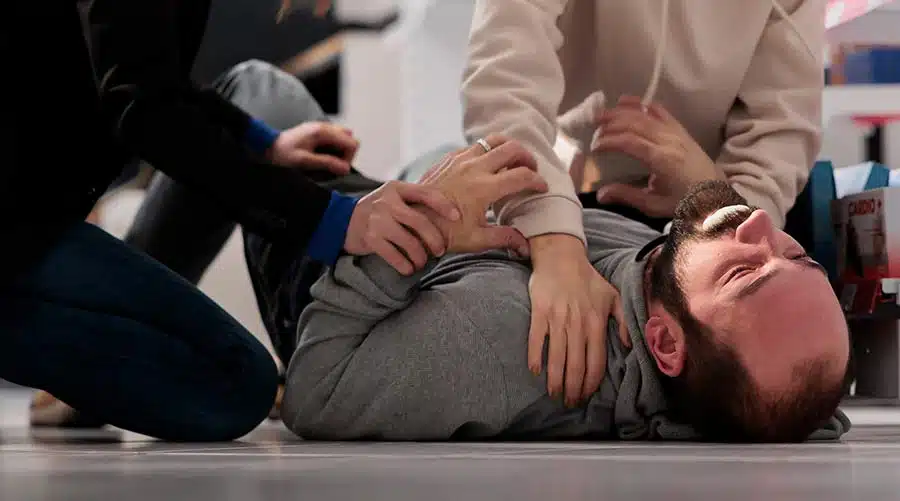
The success of this stem cell therapy in reducing seizures in epilepsy patients marks a significant milestone in personalized medicine. It opens new avenues for treating a condition that has long been challenging, offering hope to those for whom conventional treatments have failed. This pioneering work stands as a testament to the potential of stem cell research in transforming healthcare.
This article has been adapted for Omni-Stem’s website to spread awareness about the potential of stem cell treatments in epilepsy, based on the original report by Hannah Devlin. Click here to read the original article.

To access more information, visit our Resource Center. There, you’ll find a comprehensive collection of resources, studies, and recent advancements in Regenerative Medicine.
Stem cell treatments are currently deemed experimental and have not yet received FDA approval. As a result, such treatments are not permitted in the U.S. While this doesn’t imply that these treatments are ineffective, it does indicate that there’s limited scientific evidence supporting their use.

To access more scientific papers, visit our Resource Center
Stem cell treatments are currently deemed experimental and have not yet received FDA approval. As a result, such treatments are not permitted in the U.S. While this doesn’t imply that these treatments are ineffective, it does indicate that there’s limited scientific evidence supporting their use.
DISCOVER REGENERATIVE MEDICINE
U-MSC Stem cell treatments offer a promising path to improve the life quality of patients suffering from seizures.


